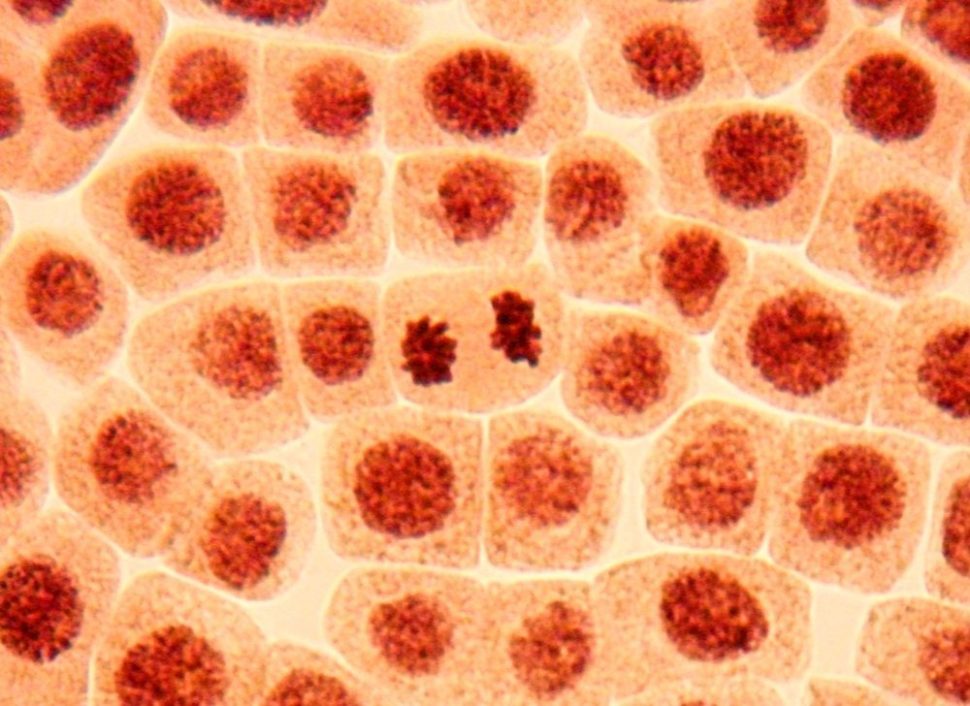A research team from Boston University has developed a platform to program cells so that they turn into biocomputers capable of carrying out complex calculations.
We recently covered how researchers at Columbia University have succeeded in finding the most efficient storage space available: our DNA, which is capable of storing a large amount of information virtually forever. Their process makes it possible to achieve a record density of 215 million gigabytes per one gram of DNA.
Boston University researchers use BLADE to hack the cellular organism.Click To TweetNow, another development opens up new paths for manipulating and processing data stored in cells.
BLADE: Reprogramming the Cell
Genetic circuits designed by synthetic biologists to program mammalian cells to perform specific tasks is a highly specialized and rare prospect due to the lack of efficient approaches as well as by the behavioral complexity of our cells.
A team of researchers at Boston University has developed BLADE, or Boolean Logic and Arithmetic through DNA Excision, and the new platform was described in a paper published by Assistant Professor Wilson Wong in Nature Biotechnology.

BLADE relies on recombinases (enzymes that enable genetic recombination), with multiple signals (inputs and outputs) in one device to control the behaviors of the targeted cells, and requires minimal optimization. Professor Wong used BLADE to build 113 circuits in human embryonic cells and devised a metric to evaluate their performance. 96.5% of 113 circuits (109) performed as intended without optimization.
Professor Wong used BLADE to build 113 circuits in human embryonic cells and devised a metric to evaluate their performance. 96.5% of 113 circuits (109) performed as intended without optimization.
The Cell, a Powerful Biocomputer
Infinitely small, the cell has an operating system that is more complex than the most advanced computer. Cells are born equal, without a specific role, then each specializes in taking on different structures and functions. With an ability to read information, receive and give orders, cells work continuously and have specific mechanisms to adapt to surrounding environments, accidents and aging.
Until now, genetic programming had only been carried out with yeast cells or bacteria. But the BLADE system offers the possibility of working on our own cells. Although the modified cells have yet to find practical applications, BLADE enables the engineering of genetic circuits in mammalian cells capable of executing complex cellular computations.
Its programming process could help in the design of cells and tissues on-demand, and health monitoring genetic circuits. In diabetes, for example, a programmed cell could control the distribution of insulin.
On the other end, how could this technology be weaponized? A cell could potentially be programmed to weaken immune system defenses against a particular biological agent.



















Comments (0)
Most Recent